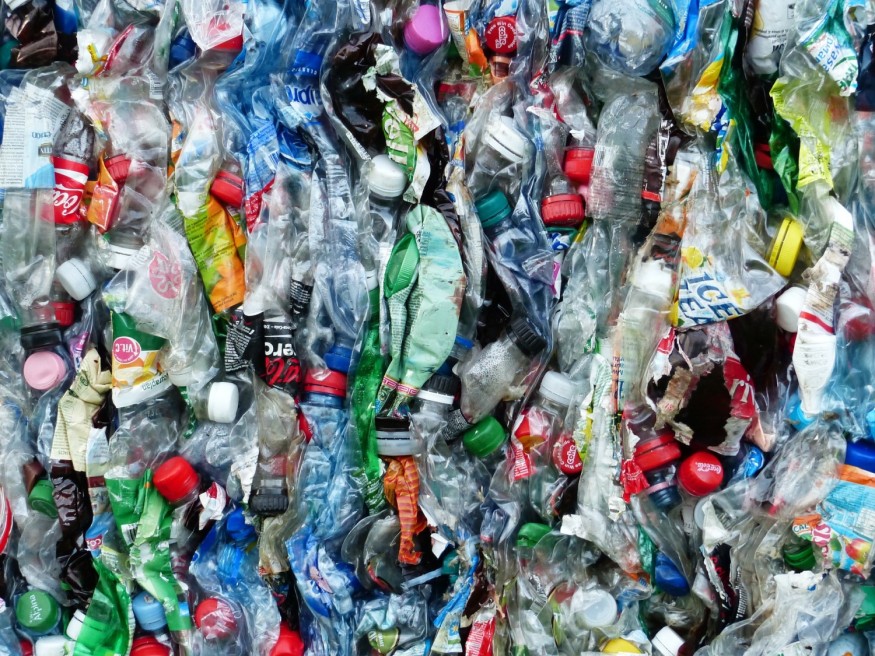
China is going all out in its state-huge bid to address plastic waste. Several years ago, the country announced it would no longer be accepting the rest of the world's rubbish. This week, the nation took an even more significant step towards ridding its broad range of waste.
In the next five years, the nation plans on rolling out a nationwide ban on single-use plastics, restricting the production, sale, and use of favorable products - such as plastic baggage, microbeads, straws, packaging tapes, cotton swabs, and utensils. Businesses that do not comply might also be blacklisted, officers warn.
The brand new restrictions might be slowly implemented at different paces throughout the country to make a huge transition as clean as possible. Smaller towns and villages have more time allowance to implement the law while plastic bags might be banned in major cities in less than a year.
Both the production and sale of foam plastic tableware and cotton swabs might be banned entirely in the country by the end of 2020. Chemicals with microbeads, on the other hand, would stop its production first and would be barred from sale at a later time.
"Consumption of plastic products, in particular, single-use objects, has always been increasing," said a reason behind the new guidelines, as cited by a New York Times report.
It added that stronger comprehensive making plans and a scientific rollout to clean up plastic pollution are very much needed.
Today, China is the most massive producer of plastic in the world - generating nearly 30 percent of all products. Asia produces a total of 50 percent of the world's plastic. The North American Free Trade Area provides 19 percent of the plastic, and Europe at 18 percent.
Tackling this big problem isn't insurmountable, but it'll require substantial systemic changes. In China, that means some industries might be forced to conform sooner than others. The restaurant industry, for instance, will be given till the end of 2020 to prevent using single-use straws, while reducing different plastic items via 30 percent.
Hotels, on the other hand, will have until 2025 to prevent counting on single-use plastics, and the packaging sector may have an equal quantity of time to prevent the usage of plastic containers, tape, and sacks.
If achieved, this would be quite the achievement for plastic pollution now not handiest inside the country but worldwide. China might join countries that have committed to banning single-use products - like the European Union, Thailand, and Canada.
Implementation
Ma Jun, director of the Chinese environmental group Institute of Public and Environment Affairs, told AFP that China has to learn from its past experiences while laying down "more comprehensive" steps is the key to proper implementation of the law.
He said authorities did well by stopping large retailers from giving out free plastic bags to their clients. "[Now, the companies] have to work with online retail platforms to implement the regulations," Ma suggested.
He said there are limitations to bans alone, saying ultra-thin plastic bags are still being used despite being banned in the previous round of regulations.
The new goal also extends to plastic packaging used in postal services, a massive area of growth in the last decade given China's booming e-commerce sector.
By the end of 2022, postal delivery outlets in areas such as Beijing, Jiangsu, and Shanghai will ban the use of non-degradable plastic packaging and disposable woven bags.
The document also calls for firms in sectors such as e-commerce and food delivery to cultivate new business models and work with their merchants to reduce waste and disposable plastics.
© 2026 NatureWorldNews.com All rights reserved. Do not reproduce without permission.





